
Dwell in beauty
Home Gardening can be a beneficial pastime for you to destress in between work with the bonus of reaping homegrown fruits and vegetables that you

It is night time and suddenly you start coughing. You take a sip of water yet the symptoms persist: a strange and unproductive cough with no wheezing or congestion, and no mucus. It is not letting you sleep however and is extremely bothersome with a persistent tickle in the throat – you may safely call this kind of a cough a dry cough. Dry coughs will usually last a week or two and will generally clear up within three weeks of the first appearance of symptoms.
The causes of dry causes are varied: upper respiratory infections, diseases such as Bronchitis and Asthma, habits such as smoking and exposure to irritants such as cold air and ambient smoke.
However, a dry cough can also be an indication of a more serious ailment. It can signal a case of cough-variant asthma. This type of cough will occur especially on exposure to irritants like ambient smoke or cold air. Other triggers are dust, stress, pollen, and a change of seasons. Allergies can also trigger dry coughs. So can Gastroesophageal reflux disease (GERD), which can worsen with your body’s reaction to a particular food.
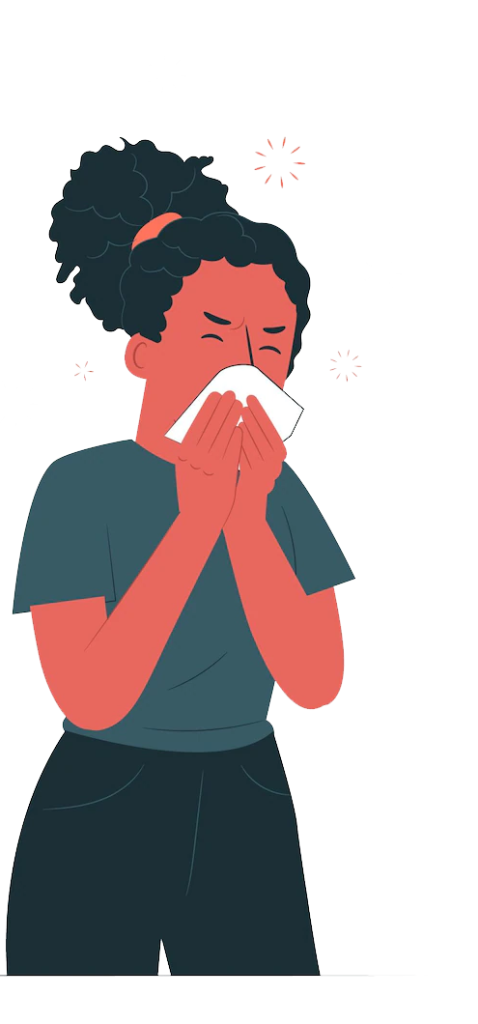
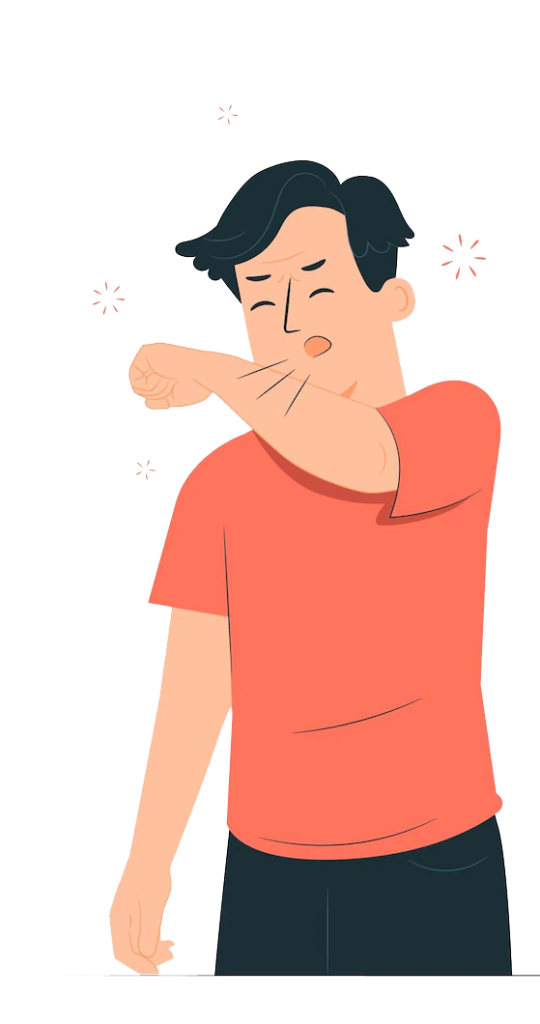
Researchers have also found a link between sleep apnea and a chronic dry cough. Although not common, a weak heart can cause fluid to go back and cause a congestion in the lungs instantly producing a dry cough. Life threatening blood clots in the lungs can often have dry cough as a sudden sign. Most people with lung cancer will often have a persistent dry cough.
Those resulting from other causes are not. In such cases, taking precautions such as frequent hand-washing and covering your mouth will prevent it from spreading the infection to others. The reason that dry cough will often worsen at night may be because of GERD, where stomach acid will often go back into the esophageal tract causing irritation and cough. Cold dry air often present in the night can also trigger coughing. Moreover, a cough resulting from a severe cold or a severe string of coughs brought on from some irritant can cause vomiting.
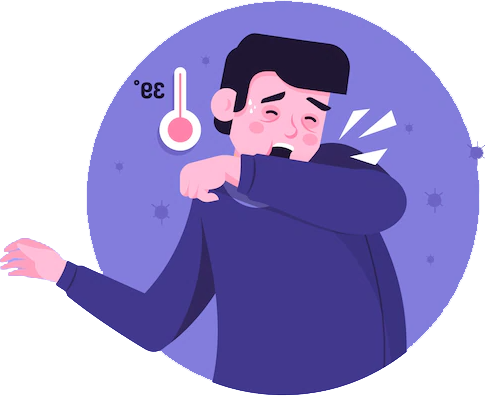
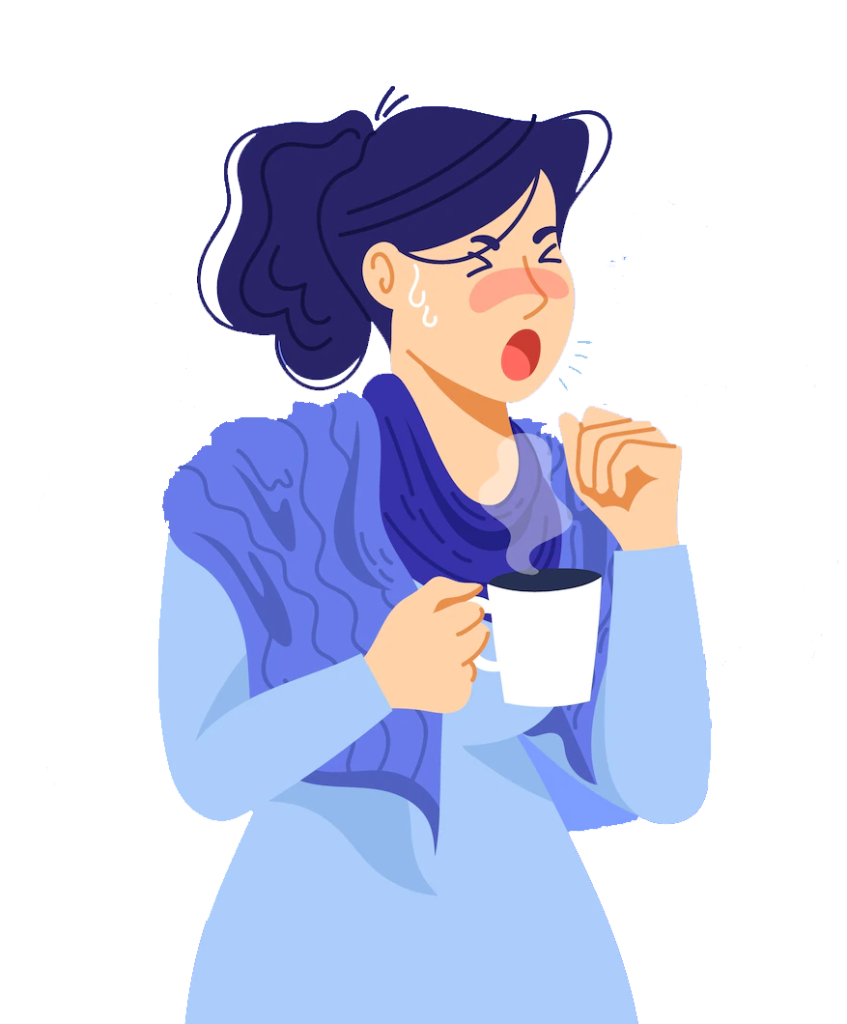

The reason that dry cough will often worsen at night may be because of GERD, where stomach acid will often go back into the esophageal tract causing irritation and cough. Cold dry air often present in the night can also trigger coughing. Moreover, a cough resulting from a severe cold or a severe string of coughs brought on from some irritant can cause vomiting.
Otherwise, you can try these home remedies for less serious conditions of dry cough:
Otherwise, you can try these home remedies for less serious conditions of dry cough:
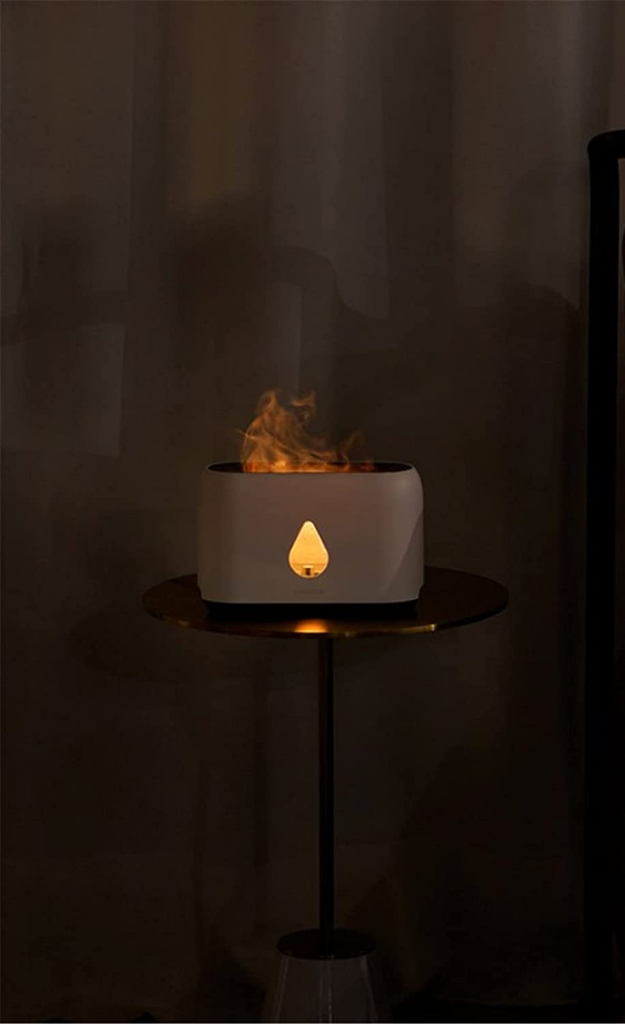
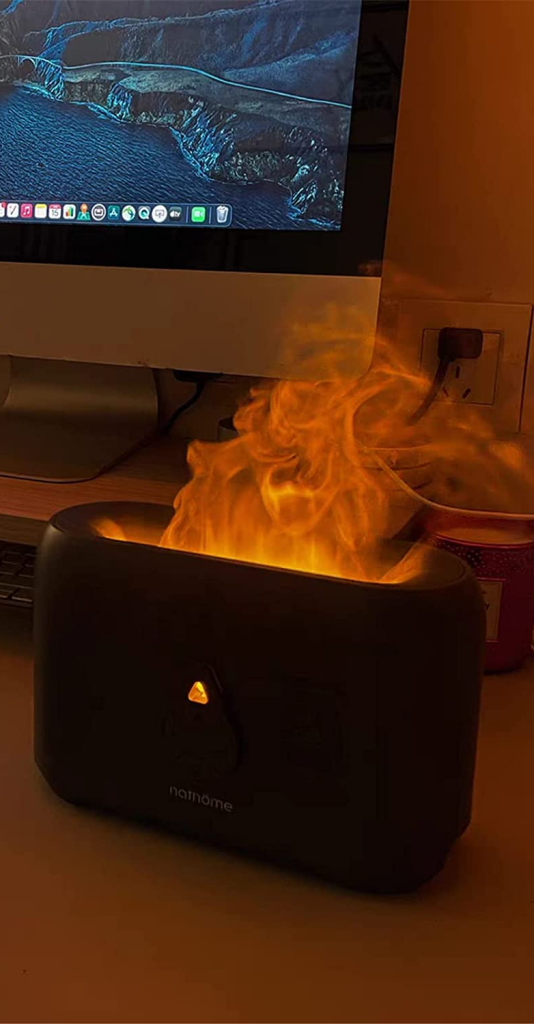
The portable Cool Mist Humidifier helps you sleep better by purifying the air and adding the right level of moisture to your room shielding you from dry cough and dry skin problems. The ultrasonic humidifier comes with a soothing night light and an auto shut-off feature. Suitable for kids and adults alike.
A cool-mist humidifier is a device intended to disperse cool moisture into the air to increase the Humidity levels of a given space. But you might be wondering? Why do you even want to moist the dry air? What causes dry air? Don’t worry we have done the research for you to answer all this.
As temperatures get lower during the colder winter season, humidity levels naturally drop. This is because cold air can’t retain as much moisture as warm air. Primarily, low indoor humidity is created when cold air, which carries a far lesser amount of moisture than warm air, enters the home and is heated, therefore lowering the atmosphere’s overall relative humidity. Low humidity can also occur in arid climates during summer as a result of excessive air conditioning, which removes moisture from the air as it operates. But should we even worry about this? Let’s find out what happens due to it?
The Environmental Protection Agency (EPA) recommends that you keep the humidity in your home or workspace between 30 and 50 per cent. When the air becomes drier than that, it raises the risk of several types of health issues. dry skin irritated eyes dryness in the throat or airways allergies frequent coughs bloody noses sinus headaches cracked lips Aside from these health issues, wood and plants also get affected by dry air. If your plants are turning brown even after your intense care. Then don’t blame yourself for it. It might be happening due to low humidity in your space. But does having a humidifier even help the above health issues?
Think about the last time it rained. Do you remember how the air felt after the rain stopped? You may have noticed a “crisp” feeling in the air. A cool-mist humidifier has a similar effect to the temperature of your room. Humidifiers add moisture to the air, which can benefit people with respiratory symptoms or dry skin during the summer months especially if you live in a dry, desert climate. This can also be a benefit during colder months when indoor heating makes the air hot and dry.
If you need more moisture in the air in your home, then you need a humidifier. If you only want to add fragrance to the air, and no moisture, then a diffuser is the proper product. If you want to buy a diffuser the go-to Diffusers for Essential Oils Large Room, 500ml Aromatherapy Diffuser,7 Colors Changed
A cool-mist humidifier is a device intended to disperse cool moisture into the air to increase the Humidity levels of a given space. But you might be wondering? Why do you even want to moist the dry air? What causes dry air? Don’t worry we have done the research for you to answer all this.
As temperatures get lower during the colder winter season, humidity levels naturally drop. This is because cold air can’t retain as much moisture as warm air. Primarily, low indoor humidity is created when cold air, which carries a far lesser amount of moisture than warm air, enters the home and is heated, therefore lowering the atmosphere’s overall relative humidity. Low humidity can also occur in arid climates during summer as a result of excessive air conditioning, which removes moisture from the air as it operates. But should we even worry about this? Let’s find out what happens due to it?
The Environmental Protection Agency (EPA) recommends that you keep the humidity in your home or workspace between 30 and 50 per cent. When the air becomes drier than that, it raises the risk of several types of health issues.
Aside from these health issues, wood and plants also get affected by dry air. If your plants are turning brown even after your intense care. Then don’t blame yourself for it. It might be happening due to low humidity in your space.
But does having a humidifier even help the above health issues?
Think about the last time it rained. Do you remember how the air felt after the rain stopped? You may have noticed a “crisp” feeling in the air. A cool-mist humidifier has a similar effect to the temperature of your room. Humidifiers add moisture to the air, which can benefit people with respiratory symptoms or dry skin during the summer months especially if you live in a dry, desert climate. This can also be a benefit during colder months when indoor heating makes the air hot and dry.
If you need more moisture in the air in your home, then you need a humidifier. If you only want to add fragrance to the air, and no moisture, then a diffuser is the proper product. If you want to buy a diffuser the go-to Diffusers for Essential Oils Large Room, 500ml Aromatherapy Diffuser,7 Colors Changed

Home Gardening can be a beneficial pastime for you to destress in between work with the bonus of reaping homegrown fruits and vegetables that you

A sprinkle of joy 😍 Do you want more happiness infused into your life? Well, you can bring home a diffuser. VIEW MORE BUY NOW

Are you an introvert? If your personality has introversion then you would be termed as an introvert by Carl Jung, the psychiatrist who coined the